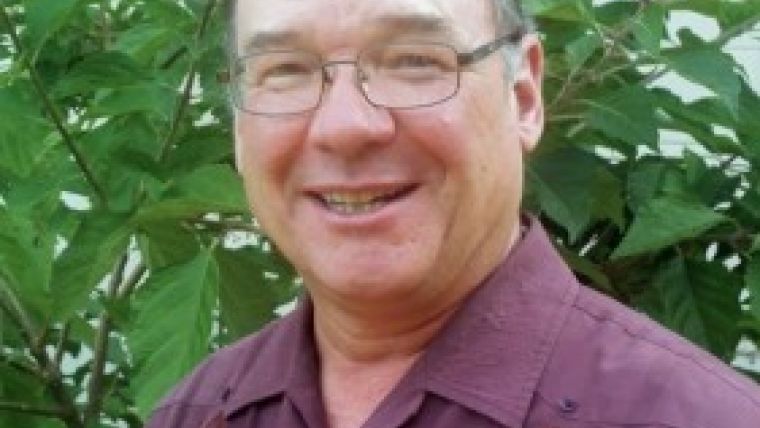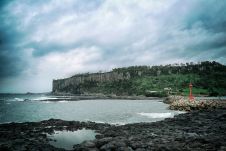Pacific Oceanographic Data Comparison Wins PacX Challenge
Liquid Robotics, USA, named Dr Tracy Villareal, professor of marine science at the University of Texas in Austin, as the winner of its PacX Challenge on 24 September 2013 at the Oceans’13 MTS/IEEE scientific conference. His research focused on a comparison of scientific spatial data collected from US satellite streams to in situ or surface data collected by four PacX Wave Gliders.
Dr Villareal studied the detection and behaviour of large phytoplankton species critical to removing carbon from the ocean’s surface and a major food source for the deep sea. His findings provide the scientific community with valuable surface validation of satellite measurements across a variety of oceanographic data (turbidity, weather, hydrographic, chlorophyll fluorescence) which is instrumental in gaining insight into the effects of global climate change on our oceans’ ecosystems.
He also noted the autonomous surface vehicles' ability to track rapidly developing ocean phenomena - adaptive sampling in real time - providing spatial and temporal variability that cannot be measured by satellites today.
Bill Vass, CEO of Liquid Robotics, said that two years ago the company set out on the grand challenge to send four Wave Gliders on an unprecedented scientific mission to navigate and collect data across the Pacific Ocean. The goals were to foster new ocean exploration enabled through the long duration ocean observation technology. The awards recognise the scientific research produced by Dr Villareal and the three finalists and by receiving the Guinness World Record for the longest journey of an autonomous surface vehicle.
An independent PacX Science Board comprised of industry and academic experts selected the winning research from an outstanding slate of four finalists. These finalists were selected after a year-long competition with abstract submissions from around the world. For his achievement, Dr Villareal received a USD50,000 research grant from BP and six months of Wave Glider data services from Liquid Robotics valued at over USD300K.
The PacX scientists conducted research into some of the world’s most challenging ocean issues ranging from measuring the ocean’s health and respiration to studying the ocean’s biomass - the most fundamental organisms critical to ocean life. Below are the finalists.
Grand Prize Winner:
• Tracy Villareal, University of Texas at Austin, TX, USA. Phytoplankton Bloom detection and satellite/in-situ validation of oceanic conditions. “A comparison of the PacX trans-Pacific Wave Glider data (MODIS, Aquarius, TRMM and VIIRS)”
Finalists:
• J. Michael Beman, University of California Merced, Merced, CA, USA. Ocean Respiration “Ocean-scale patterns in community respiration rates along continuous transects across the Pacific Ocean”
• Nicole Goebel, University of California Santa Cruz, Santa Cruz, CA, USA. Phytoplankton ecology - “Using Replicate Wave Glider Sampling to Improve Estimates of Ocean Phytoplankton Biomass”
• Elise Ralph, Independent Oceanographer, Boston, MA, USA. FSLE Predictive Nature: “In Situ Observations of Finite Size Lyapunov Exponent Ridges in the Surface Pacific”
Liquid Robotics encourages all ocean explorers and scientists to access and explore the PacX Challenge dataset (over 5.5M discrete data points). This dataset is available free to anyone who registers.
Video of the start of the PacX Challenge and the arrival of Papa Mau’ in Australia.














